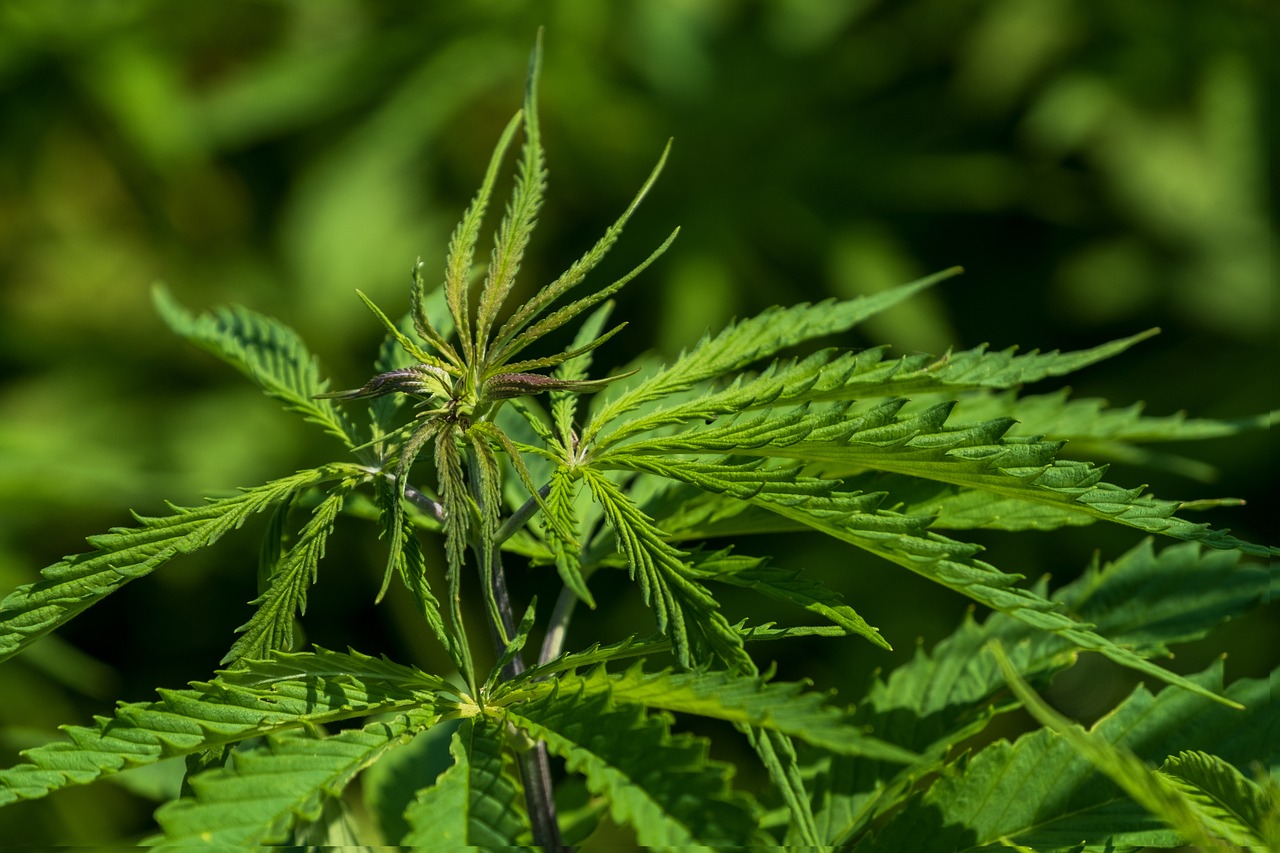In recent years, the cannabis industry has seen a surge in interest surrounding various cannabinoids and their potential benefits. One such compound that has garnered attention is THCA, or tetrahydrocannabinolic acid. Unlike its more famous counterpart, THC, THCA is non-psychoactive, meaning it does not produce the “high” associated with cannabis use. This article explores the benefits of THCa flower for sleep support, providing insights into its potential therapeutic applications and how it differs from other cannabis products.
Understanding THCA: The Basics
THCA is a naturally occurring cannabinoid found in raw and live cannabis plants. It is the precursor to THC, which means that when cannabis is heated through smoking, vaping, or cooking, THCA is converted into THC. This process is known as decarboxylation. While THC is well-known for its psychoactive effects, THCA remains non-psychoactive, making it an attractive option for those seeking the therapeutic benefits of cannabis without the high.
Potential Health Benefits of THCA
Research into THCA is still in its early stages, but preliminary studies and anecdotal evidence suggest several potential health benefits:
- Anti-Inflammatory Properties: THCA has shown promise in reducing inflammation, which could be beneficial for conditions such as arthritis and other inflammatory diseases.
- Neuroprotective Effects: Some studies suggest that THCA may help protect brain cells, potentially offering benefits for neurodegenerative diseases like Alzheimer’s and Parkinson’s.
- Anti-Emetic Properties: THCA may help reduce nausea and vomiting, making it a potential option for patients undergoing chemotherapy or those with chronic nausea.
- Appetite Stimulation: Similar to THC, THCA may help stimulate appetite, which can be beneficial for individuals with conditions that cause appetite loss.
THCA vs. THC: Key Differences
While both THCA and THC are derived from the cannabis plant, they have distinct differences:
- Psychoactivity: THCA is non-psychoactive, whereas THC is known for its mind-altering effects.
- Legal Status: In many regions, THCA is legal because it does not produce a high, whereas THC is often subject to stricter regulations.
- Therapeutic Applications: THCA is often used for its potential anti-inflammatory and neuroprotective properties, while THC is commonly used for pain relief and its psychoactive effects.
Methods of Consuming THCA Flower
There are several ways to consume THCA flower, each offering different experiences and benefits:
- Raw Consumption: Consuming raw cannabis leaves or flowers in smoothies or salads preserves THCA in its natural form.
- Juicing: Juicing raw cannabis is a popular method to intake THCA without converting it to THC.
- Tinctures and Oils: These products can be made from THCA-rich cannabis and used sublingually for quick absorption.
Case Studies and Research
While comprehensive clinical trials are limited, several studies and case reports highlight the potential of THCA:
- A 2013 study published in the British Journal of Pharmacology found that THCA exhibited anti-inflammatory properties in laboratory models.
- Anecdotal reports from patients with epilepsy suggest that THCA may help reduce seizure frequency and severity.
Legal Considerations
The legal status of THCA varies by region. In areas where cannabis is legal for medical or recreational use, THCA products are generally available. However, in regions with stricter cannabis laws, access to THCA may be limited. It’s important for consumers to understand the regulations in their area before purchasing or using THCA products.
Conclusion
THCA flower offers a range of potential benefits, particularly for those seeking non-psychoactive therapeutic options. With its anti-inflammatory, neuroprotective, and anti-emetic properties, THCA holds promise for various medical applications. As research continues to evolve, a deeper understanding of THCA’s effects and benefits will likely emerge, paving the way for new therapeutic possibilities. For those interested in exploring cannabis for health purposes, THCA presents an intriguing option worth considering.
